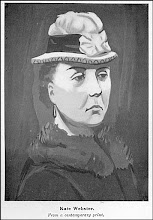Below is an interview I conducted with Andrew Smith about his novel EDITH'S WAR (recently released on March 26 2010).
Andrew Smith tells how he wrote the book, his inspiration and the connections between Britain, Canada and Italy below:
1
EDITH'S WAR tells a little-known story about Italian internment in Britain during WWII. How did you first encounter this information (new to me), and decide it would make a good novel?
I knew I wanted to write about how WWII changed British society, how the war was the mechanism that caused people to examine the way society worked and to call into question many of the conventions that had existed for centuries. I was researching this at the Imperial War Museum in London when I stumbled across the story of Italian internment in UK. The addition of Italians to the book, who are generally viewed as easy-going and uninhibited, especially compared to the British, fulfilled a welcome contrast to the depiction of an uptight British population. Also the accounts of their internment by harmless Italian men were classic examples of the stupidity of war and also of the way normal standards can change and deteriorate during wartime. This wartime shift in morality in relation to how the British Italians were treated, so different to how they might have been treated in peacetime, appalled and fascinated me.
2
I greatly enjoyed your evocation of place in the book - Liverpool, Venice (I am from Warrington, a town near Liverpool). Why/how did you choose these cities in particular to tell the story?
As you know, Liverpool was one of the hardest hit cities in Britain during bombing by the Germans. Liverpudlians suffered greatly during WWII. It was also the port from which many "aliens" were shipped to Canada or Australia, including hundreds of British Italian men. And the juxtaposition of the easy-going hedonistic and sensual city of Venice with the somewhat stiff and proper character that the younger brother had become, made him seem even more inhibited. And I made Venice the original home of the Italian couple who had lived in Liverpool during the war as a device to move the plot along. And finally you tend to write about what you know. I grew up on Merseyside, in Huyton, not far from Warrington, in the 40s and 50s. And I also know Venice well having spent a lot of time there during the last twenty years.
3
What was the greatest struggle you faced in writing the book?
There are good struggles and bad struggles. It's a huge struggle to write a novel like Edith's War because I had to do so much research and then the struggle that all author's face in developing characters, evolving a plot, etc. etc. But these are good struggles; I loved every minute of the research and writing stage. Then there is another huge struggle to get published. I tried long and hard to find an agent and a publisher and experienced many rejections along the way. This part of the process is excruciating and can be depressing if you start to take the rejections personally. One has to be strong, stick by the courage of your convictions, and realize that publishing is a business like any other.
4
Do you feel you are making a political point in writing this story? You decided to address the subject matter in the form of a novel. Why not non-fiction, or some other form?
If I'm making a political point it has to do with emphasizing the omnipresence and senselessness of war, and the fact that society seems unable to change in any significant way. I've written and published two non-fiction books, which I enjoyed writing, but I think it's difficult to impose passion and a distinct point of view into non-fiction. I'm not saying it can't be done, but I think it's easier to do it more effectively in fiction. I wanted to state very clearly how humankind seems unable to avoid war (witness the presence of wars constantly throughout history), yet how senseless and unfair war always is. Even WWII, which might be seen as justified from the Allies' perspective, has hundreds if not thousands of examples of inhumanity and unnecessary suffering imposed by all sides. The novel form allowed me to portray actual events and have the reader make no mistake that I viewed them as senseless and unnecessary. I also wanted to imply how difficult it is for any of us to change, on a personal level but also on a larger scale, as a society. A non-fiction book usually only tells the story, whereas a novel can show the effects of a story and be so much more emotive in the telling.
5
How are you enjoying the publishing process, having your first book released? If there's one thing you could change about publishing a novel, what would it be?
It's very rewarding to hold the finished product of so much work in one's hands. But, to go back to my point about publishing being a business, I don't think many authors are prepared for the dog-eat-dog commercial side of publishing. I'm fortunate because I was somewhat prepared by my work in publishing, I'm a book designer, but even I wasn't ready for the alarming truths of how difficult it is to get one's book noticed and into the bookstores. If there's one thing I could change it would be that books are sold on their merit alone, and not because a publisher paid for a prominent position in a bookstore, or because the author has a TV show, or has won a literary prize, or one of the hundred other reasons a book gets noticed other than for the quality of writing or cleverness of plot, etc. But I'm sounding cynical. I'm really not, and I do still believe that if a book is good it'll get the readership it deserves.
6
A good amount of the novel is set in and about Italy. Do you feel personally connected to Italy?
Not particularly, other than I've spent a lot of time there since I was in my twenties and have quite a few Italian friends whom I love, and I like Italy better than almost anywhere else.
7
Do you remember when you first wanted to be a writer?
Yes I do, because I started writing late in life. It was 1988 and I was forty-years-old, when I took my first creative writing course. Just previous to that I had taken a bus trip over the Himalayas from Kashmir to Ladakh in Northern India and written a magazine article about it, the first piece of writing I'd ever published. The article won an award for travel writing, which inspired me to write more. So I took some courses and started writing short fiction, which I love writing. I don't know why it took me so long. I don't think being a writer was presented as an option at the school I went to in Liverpool so I never thought of it. So I went to art school and became a graphic designer. I've been lucky to have found writing, and to have another profession that allows me time to write but also keeps the wolf from the door. Because, as we know, books rarely provide much of an income.
8
How important are family relations in telling a good story?
I think human relations of any kind are crucial to a good story. We all need something we can relate to and human relations provide a great deal that is familiar to us all. I suppose family relations are often the most intense and usually the most influential on our lives so they hold a certain gravitas that no other relations hold, they're what forms us. So, while not necessary to a good story, family relations are certainly wonderful additions to a story.
9
What is your work schedule like when you're writing?
Once I've done research and am into the writing stage I tend to get up fairly early in the morning and write solidly for four to six hours. Once I actually sit down and put fingers to keyboard the time usually flies by. But I'm as bad as most writers about starting, I'll make a cup of tea I don't really need or thumb through a magazine I've already read. I don't know why many writers find it hard to actually start writing; maybe because it's so intense, it's hard work to write, and it's rather tiring. Often when I eventually stop I'm fairly drained. But once I start I rarely look up, except to check research, until I just run out of steam some half-a-dozen hours later.
10
What are you working on right now? A departure, or something related to historical fiction across different times and places like EDITH'S WAR?
Some months ago, at a stage when Edith's War was out of my hands with an editor, I wrote the first two chapters of a book set in contemporary London. Unlike Edith's War it'll be a straight single time period narrative. The story is about a paparazzi photographer who is down on his luck having lost his business and his wife. He's a recovering alcoholic, estranged from his family, and broke. But he has a cache of photos of celebrities that might be worth a great deal. But because of his alcoholism and past indiscretions nobody wants to know. There's a whole plot in my head about how an opportunity to get exclusive photos of a drugged-out music star falls in his lap. Actually it's a ploy by the recording company to get publicity, etc. etc. The idea comes from a fascination I have with the symbiotic relationship that celebrities often have with the press. Princess Di being a prime example. I'm also interested in the whole phenomenon of celebrity, especially in our society with the proliferation of shows like American Idol and with people like Paris Hilton who have no talent or skill (they don't even model) but who have become celebrities earning millions. I'm keen to get back to writing it, but first we have to get out there and sell Edith's War.
Thank you for your time, Andrew. You can read more about EDITH'S WAR at http://www.edithswar.com/ and on Facebook here.
I'll also be posting this interview on http://www.chapters.indigo.ca/ and a link from my website http://www.mattfullerty.com/.

Biography
Andrew Smith was born in Liverpool, England. He moved to Toronto, Canada in 1974 since when he's worked in magazines and book publishing. Andrew Smith's writing has been included in the Journey Prize Anthology, has been shortlisted for the CBC Literary Awards, and has garnered a Western Magazine Award for Travel Writing. He has published two non-fiction books: Highlights, an illustrated history of cannabis (co-author) and Strangers in the Garden, the secret lives of our favorite flowers. He's enjoyed writing fiction since 1990, which, fortunately, is when he began.









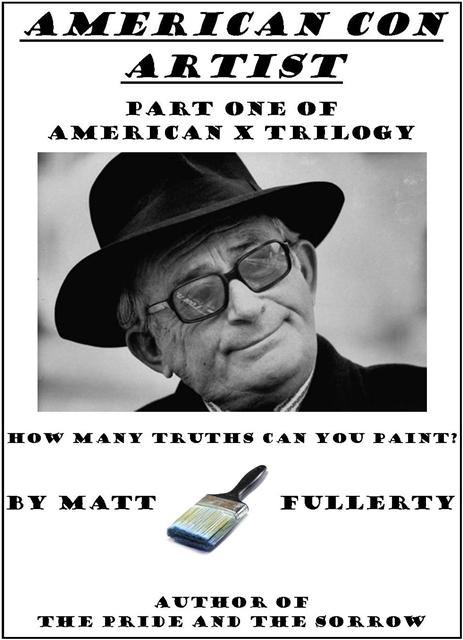cropped.jpg)
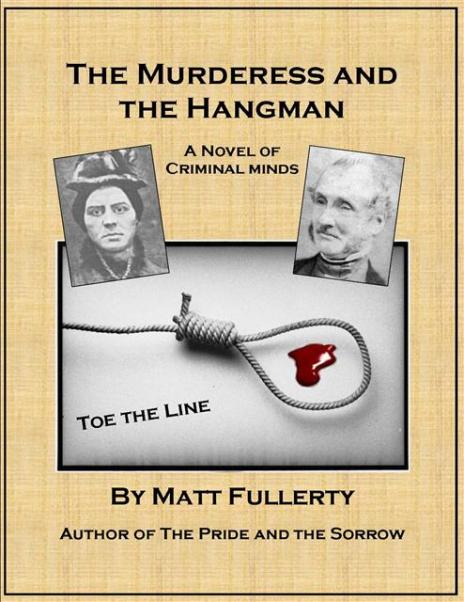.jpg)
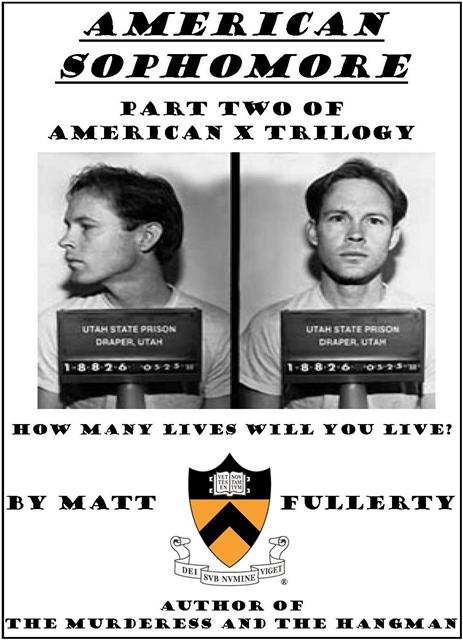cropped.jpg)
cropped.jpg)
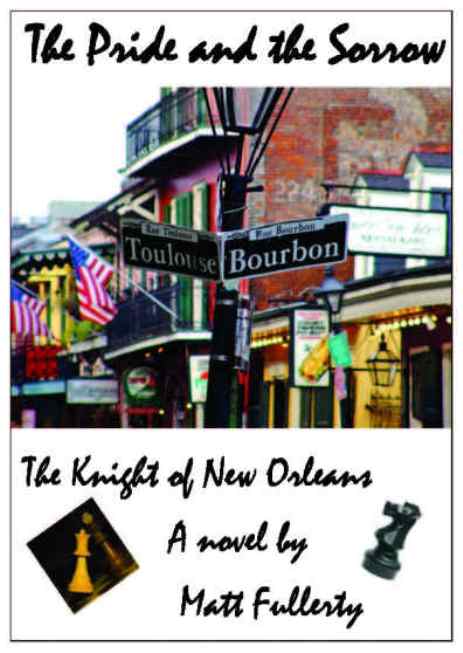2.jpg)
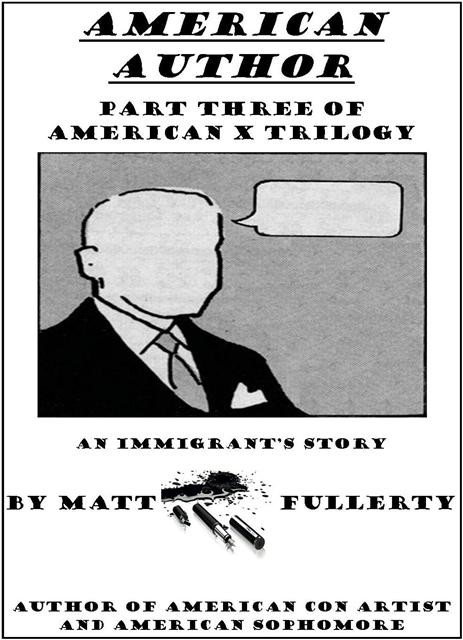Cropped.jpg)
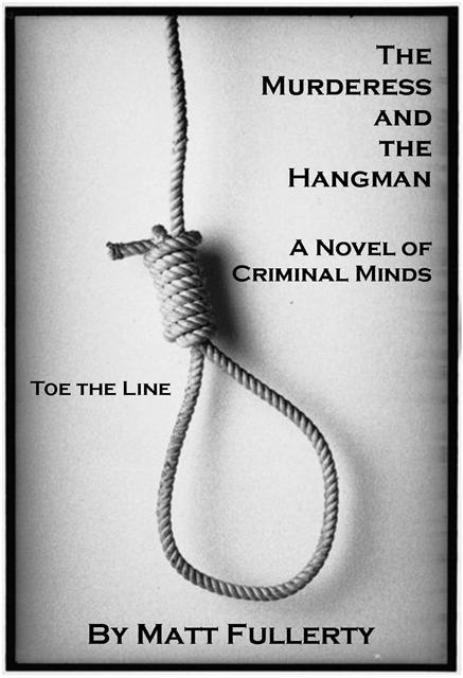cropped.jpg)
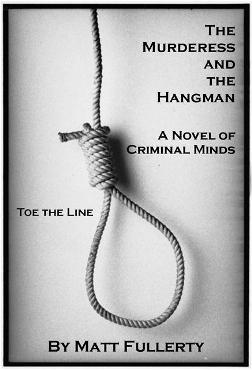4.jpg)






